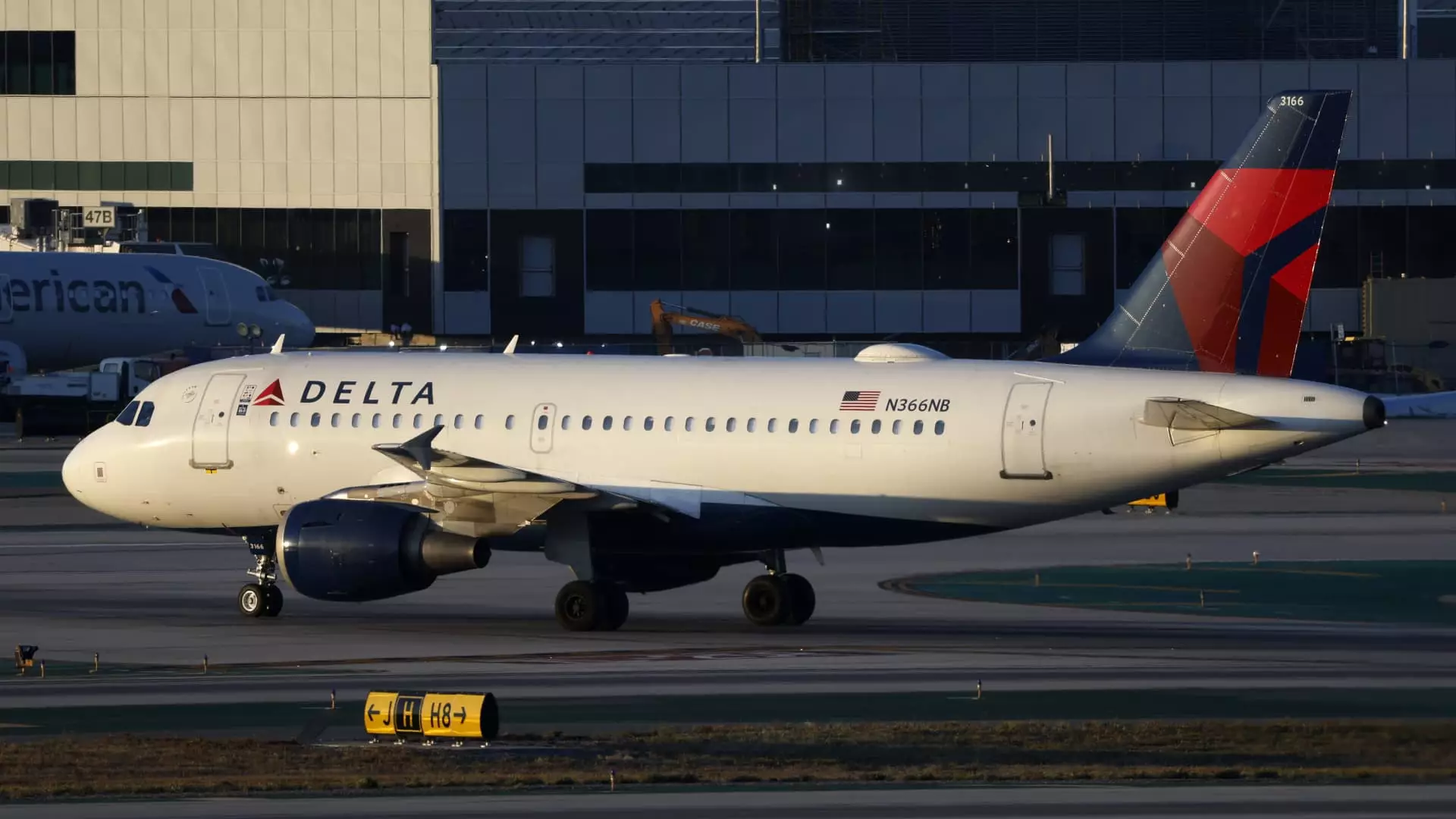In a recent securities filing, Delta Air Lines disclosed that last month’s CrowdStrike outage, resulting in mass flight cancellations, cost the company a staggering $550 million. This financial blow included a $380 million revenue hit in the current quarter due to refunding customers for cancelled flights and providing compensation. Additionally, the carrier incurred a $170 million expense associated with the technology-driven outage and subsequent operational recovery. Despite a $50 million reduction in fuel expenses from scrubbed flights, the overall impact was substantial.
Unlike its competitors, Delta faced significant challenges in bouncing back from the July 19 outage, which disrupted millions of Windows-based machines globally. The incident, which led to the cancellation of approximately 7,000 flights, hit Delta hard during the peak summer travel season. This rare occurrence left thousands of Delta customers stranded and tarnished the carrier’s reputation for reliability. CEO Ed Bastian acknowledged the severity of the disruption, stating that such a prolonged operational setback was unacceptable, emphasizing the need for improved performance.
In response to the outage and subsequent flight cancellations, the U.S. Department of Transportation initiated an investigation into Delta’s handling of the situation. Delta, in turn, expressed its intention to pursue damages against CrowdStrike and Microsoft, holding them accountable for the damage caused. CrowdStrike, however, disputed Delta’s account, claiming to have promptly reached out to offer support and assistance following the incident. Despite claims of communication between the companies’ security officers, the fallout from the outage has escalated into a legal dispute.
Delta’s lawyer, David Boies, highlighted the impact of the outage on 1.3 million customers and the shutdown of 37,000 Delta computers. Boies emphasized the need for CrowdStrike to take responsibility for its actions and compensate Delta for the damages incurred, including harm to its business, reputation, and goodwill. Microsoft, while defending its actions, suggested that Delta’s lack of investment in technology compared to competitors contributed to the severity of the incident. The ongoing dispute underscores the complex interplay between technology providers and businesses reliant on their services.
Looking Ahead
As Delta grapples with the aftermath of the CrowdStrike outage and the substantial financial losses it incurred, the incident serves as a cautionary tale for companies reliant on technology. The need for proactive risk management, robust contingency plans, and effective communication with stakeholders is underscored by Delta’s experience. Moving forward, the airline industry, and businesses at large, must navigate the evolving landscape of cybersecurity threats and disruptions with vigilance and resilience to mitigate the impact of unforeseen events. Delta’s $550 million loss stands as a stark reminder of the far-reaching consequences of technological failures in today’s interconnected world.

